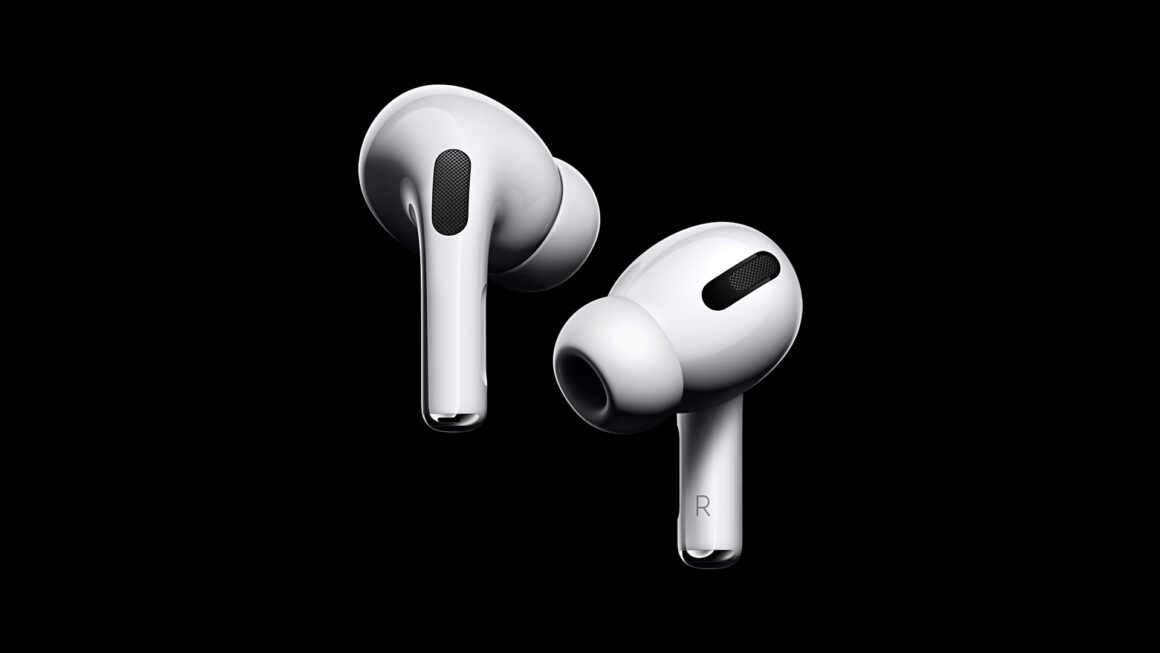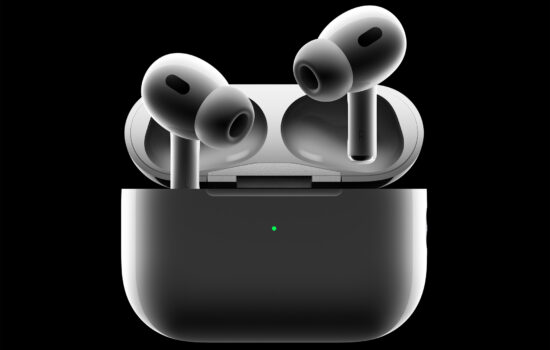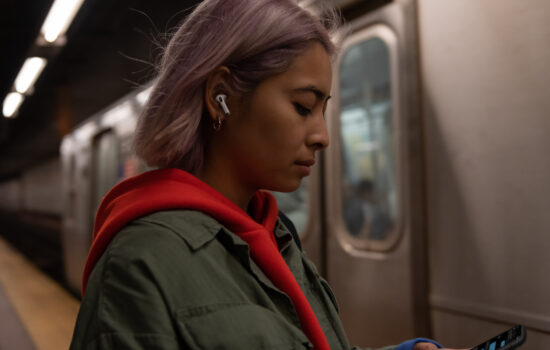Apple has scored a partial win in court after a U.S. judge dismissed key parts of a proposed class action accusing the company of concealing sound-quality defects in its first-generation AirPods Pro. As reported by Reuters, it involves nine consumers who alleged that the premium wireless earbuds suffered from persistent crackling, static, and noise-canceling issues.
U.S. District Judge Noël Wise granted Apple’s request to dismiss nationwide consumer protection and warranty claims, ruling that the plaintiffs had not provided sufficient factual detail. The judge also threw out a claim of unjust enrichment under California law. However, Wise allowed the plaintiffs to continue pursuing their core allegation — that Apple failed to disclose material facts about the AirPods Pro’s sound quality problems.
The court said it was too early to determine whether Apple had a legal duty to disclose the alleged defect after the product’s one-year warranty period had expired. Wise gave the plaintiffs 21 days to file an amended version of their lawsuit. Consumers, the complaint argued, reasonably expect that “high-end headphones would have consistently functioning, high-quality audio.”
The plaintiffs, represented by lawyers Andrea Gold and Annick Persinger of Tycko & Zavareei and Patrick Brickman and Frank Bartela of Dworken & Bernstein, welcomed the decision. In a statement, they said the court had largely rejected “Apple’s attempt to short-circuit this important litigation involving a serious audio defect in its first generation AirPods.”
The original lawsuit, filed last year, claims that Apple’s AirPods Pro — sold between 2019 and 2022 — were plagued by sound defects that caused crackling or static noises, or amplified background sounds instead of suppressing them. The plaintiffs also allege that Apple misrepresented the earbuds’ noise-canceling capabilities and failed to properly inform customers about the problem, even after launching a limited replacement program in 2020.
In response, Apple’s attorneys — Camila Tapernoux and Claudia Vetesi of Morrison & Foerster — argued that the company was not obligated to disclose defects after the warranty period unless they posed an unreasonable safety risk. They also noted that most of the plaintiffs did not experience the issue during the warranty window, and two even received free replacements.
Stay updated with the latest news on this by downloading the Appleosophy App from the App Store or by visiting our website.







